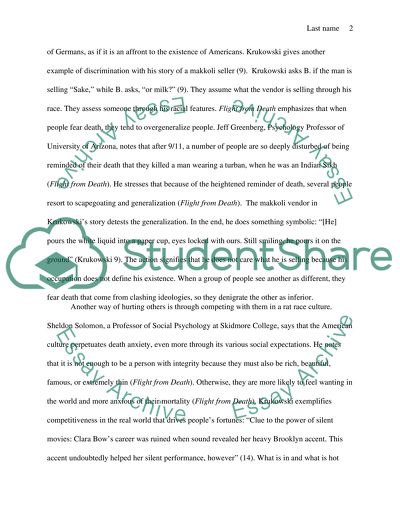Cite this document
(“Political and Symbolic Deaths, Struggles for Meaning and Survival Assignment”, n.d.)
Political and Symbolic Deaths, Struggles for Meaning and Survival Assignment. Retrieved from https://studentshare.org/philosophy/1473217-essay
Political and Symbolic Deaths, Struggles for Meaning and Survival Assignment. Retrieved from https://studentshare.org/philosophy/1473217-essay
(Political and Symbolic Deaths, Struggles for Meaning and Survival Assignment)
Political and Symbolic Deaths, Struggles for Meaning and Survival Assignment. https://studentshare.org/philosophy/1473217-essay.
Political and Symbolic Deaths, Struggles for Meaning and Survival Assignment. https://studentshare.org/philosophy/1473217-essay.
“Political and Symbolic Deaths, Struggles for Meaning and Survival Assignment”, n.d. https://studentshare.org/philosophy/1473217-essay.


